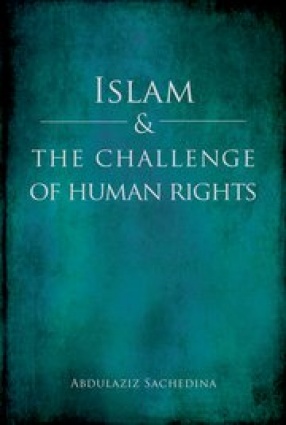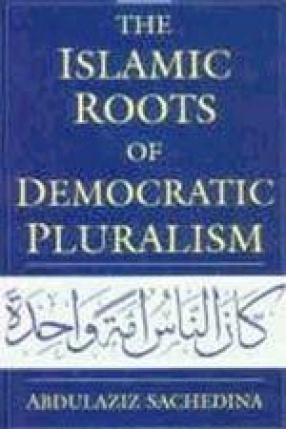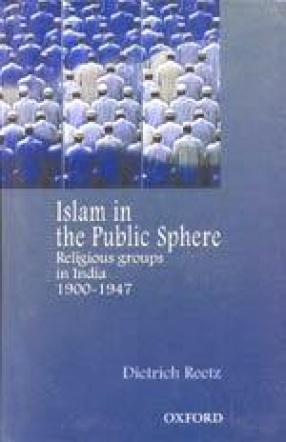In 1948, the General Assembly of the United Nations adopted and proclaimed the International Declaration of Human Rights, a document designed to hold both individuals and nations accountable for their treatment of fellow human beings, regardless of religious or cultural affiliations. Since then, the compatibility of Islam and human rights has emerged as a particularly thorny issue of international concern, and has been addressed by Muslim rulers, conservatives and extremists, as well as Western analysts and policymakers; all have commonly agreed that Islamic theology and human rights cannot coexist.
Contents: 1. Clash of universalism: secular and religious in human rights. 2. The nature of Islamic ethical-juridical discourse. 3. Natural law and knowledge of ethical necessity. 4. The dignity and capacities of women as equal bearers of human rights. 5. Individual and society: claims and responsibilities. 6. Freedom of religion and conscience: the foundation of pluralistic world order. Notes. Select bibliography. Index.






There are no reviews yet.